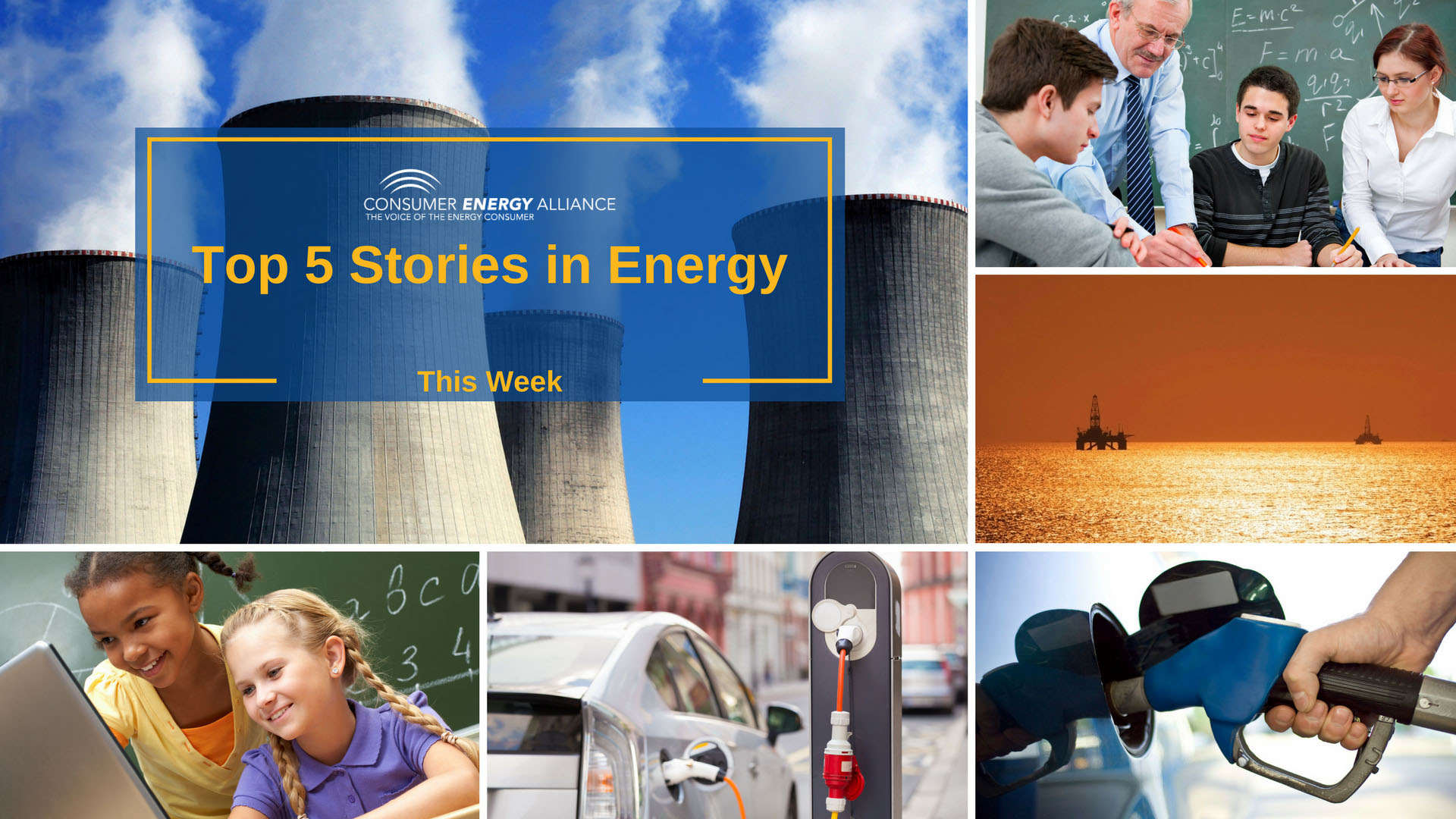This week we learned that aliens may be trying to contact us, Wheel of Fortune had a heck of a Freudian slip in a puzzle and Hopper threw us for a loop in the Stranger Things season 4 trailer. Among all of these major headlines, we found a few that might have fallen off your radar. We present this week’s Top 5 Energy Stories, and you can find last week’s right here.
Survey finds shocking results that 75% of couples waste energy in a fight over the thermostat. 
Yes, we are using the term shocking sarcastically. For those that have ever been in a relationship, this report is absolutely no surprise. Some of the results on how individuals deal with the issue, however, may be unexpected. Caelus Green Room shares the results here.
Cities around the country are locking in lofty zero-emissions energy goals. 
The Los Angeles Bureau of Sanitation has committed to zero-emissions by 2035, which sounds relatively attainable. However, looking at the bigger picture, the sanitation department needs 750 electric vehicles to make this goal a reality. Utility Dive gives the detailed schedule here.
If you find yourself in need of a yacht, there is an eco-friendly version coming 2024. 
Sinot designed a super yacht fueled by liquid hydrogen and only emits water (which is safe for the ocean). Sinot has stated that the rumors of Bill Gates purchasing the concept were “factually incorrect.” In other words, this yacht could be yours, read more about it at Daily Mail.
Plastic bags are continually under ridicule, but do we have actual numbers on their waste? 
New York recently implemented a ban on plastic bags, citing that Americans use more than 380 billion plastic use bags every year. Where did this number come from? Above all, citing sources correctly is imperative when reporting. Bloomberg spills the beans here.
America is leading the world in reducing CO2 emissions!

Despite fear mongering tactics and false claims on our emissions used by extreme anti-energy activists, a factual report from the International Energy Agency (IEA) was released this week. A (non-sarcastic) shocking fact shows that an increased use of natural gas has contributed to a CO2 emission reduction. The New American lays it all out here.

